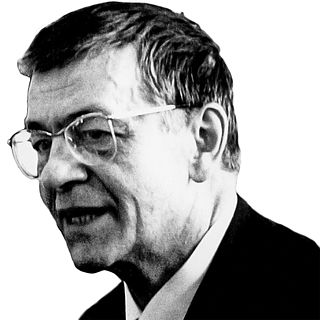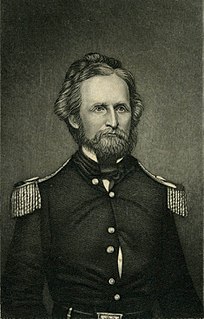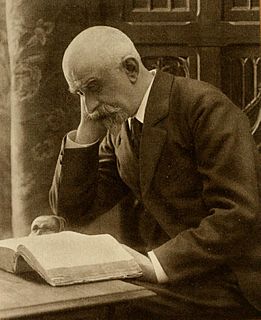A Quote by Robertson Davies
I saw corpses, and grew used to their unimportant look, for a dead man without any of the panoply of death is a desperately insignificant object.
Quote Topics
Related Quotes
Again, somehow, one saw life, a pure bead. I lifted the pencil again, useless though I knew it to be. But even as I did so, the unmistakable tokens of death showed themselves. The body relaxed, and instantly grew stiff. The struggle was over. The insignificant little creature now knew death. As I looked at the dead moth, this minute wayside triumph of so great a force over so mean an antagonist filled me with wonder. Just as life had been strange a few minutes before, so death was now as strange.
I’d want our wedding to be special. I don’t have a dress, you don’t have a best man, and instead of flowers, we have corpses on poles decorating the front of the house.” “Flowers are on the way, as is my best man, three seamstresses are ready to make any dress you desire, and I’ll have the corpses taken down,” he replied without missing a beat.
But what are a hundred million deaths? When one has served in a war, one hardly knows what a dead man is, after a while. And since a dead man has no substance unless one has actually seen him dead, a hundred million corpses broadcast through history are no more than a puff of smoke in the imagination.
I saw battle-corpses, myriads of them,
And the white skeletons of young men-I saw them;
I saw the debris and debris of all the dead soldiers of the war;
But I saw they were not as was thought;
They themselves were fully at rest-they suffer'd not;
The living remain'd and suffer'd-the mother suffer'd,
And the wife and the child, and the musing comrade suffer'd,
And the armies that remain'd suffer'd.
The man who has lived his life totally, intensely, passionately, without any fear - without any fear that has been created in you by the priests for centuries and centuries - if a person lives his life without any fear, authentically, spontaneously, death will not create any fear in him, not at all. In fact, death will come as a great rest. Death will come as the ultimate flowering of life. He will be able to enjoy death too; he will be able to celebrate death too.
The absurd man will not commit suicide; he wants to live, without relinquishing any of his certainty, without a future, without hope, without illusions … and without resignation either. He stares at death with passionate attention and this fascination liberates him. He experiences the “divine irresponsibility” of the condemned man.
We are left with nothing but death, the irreducible fact of our own mortality. Death after a long illness we can accept with resignation. Even accidental death we can ascribe to fate. But for a man to die of no apparent cause, for a man to die simply because he is a man, brings us so close to the invisible boundary between life and death that we no longer know which side we are on. Life becomes death, and it is as if this death has owned this life all along. Death without warning. Which is to say: life stops. And it can stop at any moment.
Speaking of dust, ‘out of which we came and to which we shall return,’ do you know that after we are dead our corpses are devoured by different kinds of worms according as we are fat or thin? In fat corpses one species of maggot is found, the rhizophagus, while thin corpses are patronized only by the phora. The latter is evidently the aristocrat, the fastidious gourmet which turns up its nose at a heavy meal of copious breasts and juicy at bellies. Just think, there is no perfect equality, even in the manner in which we feed the worms.
Objects must cease, mind must become just a pure mirror - a mirroring, not mirroring anything - just a mirror without any object in it, a pure mirror. By dhyan, this purity of the mind is indicated. So first, no object should be in the mind. Mind must remain alone without thinking about anything - with no thought, just a consciousness, just an awareness, just an alertness. This alertness without any object is meditation.






































